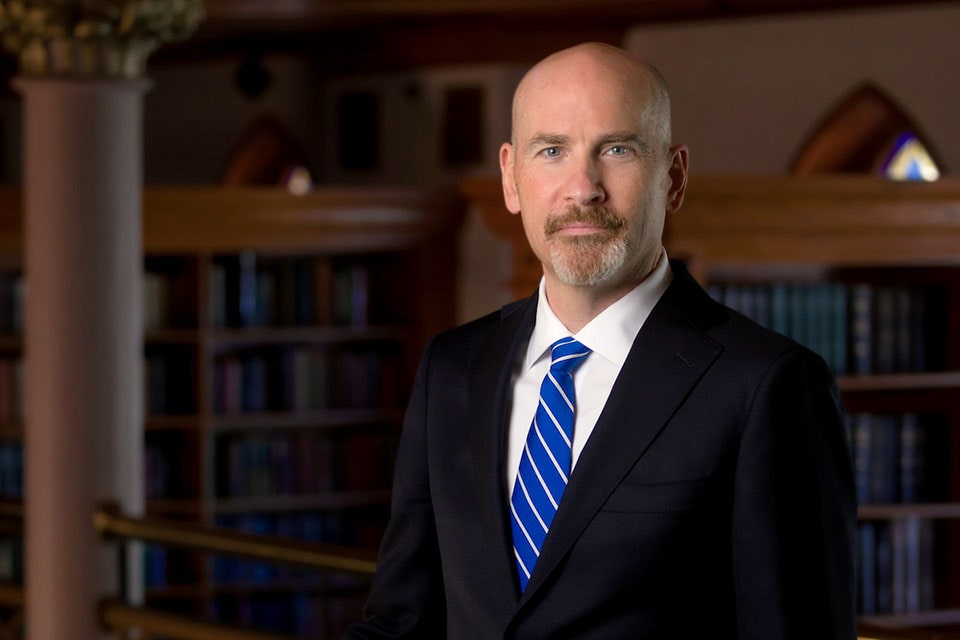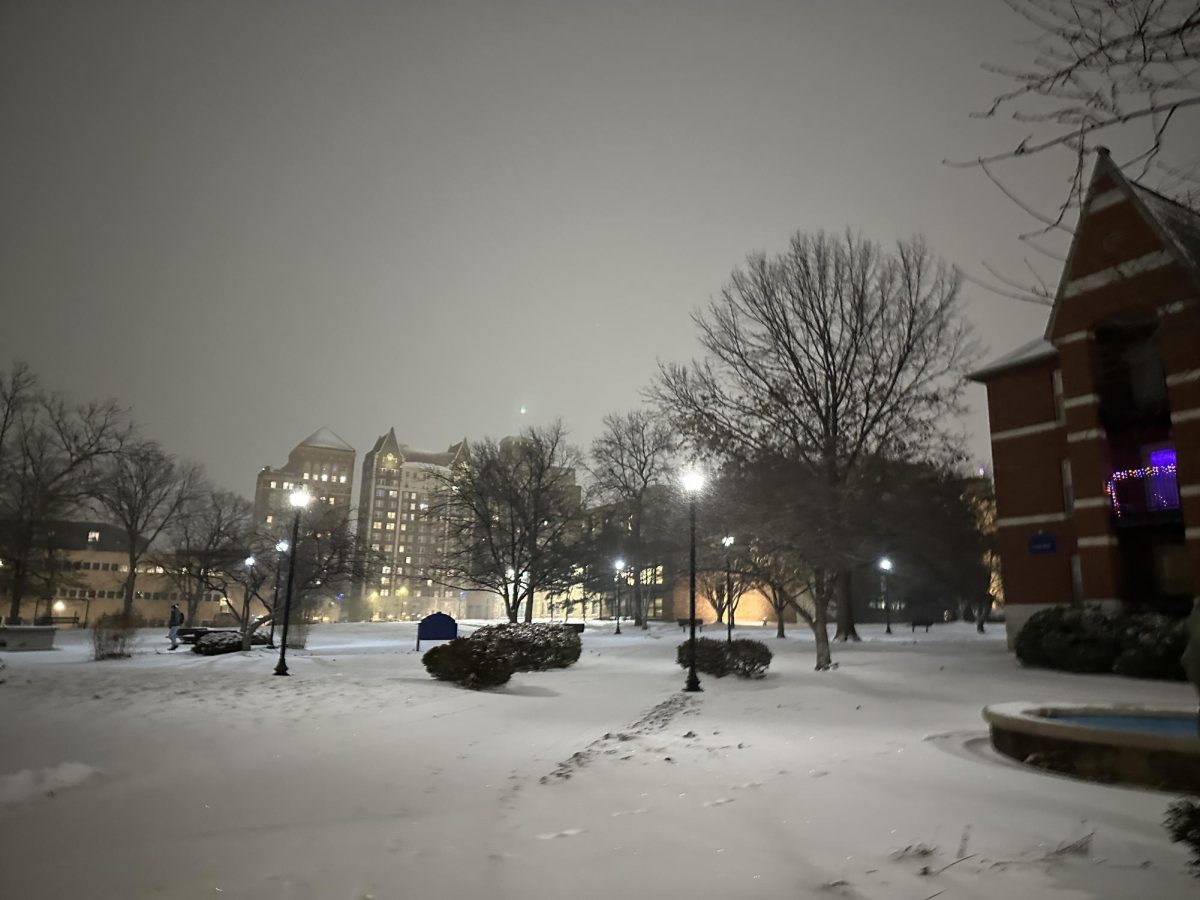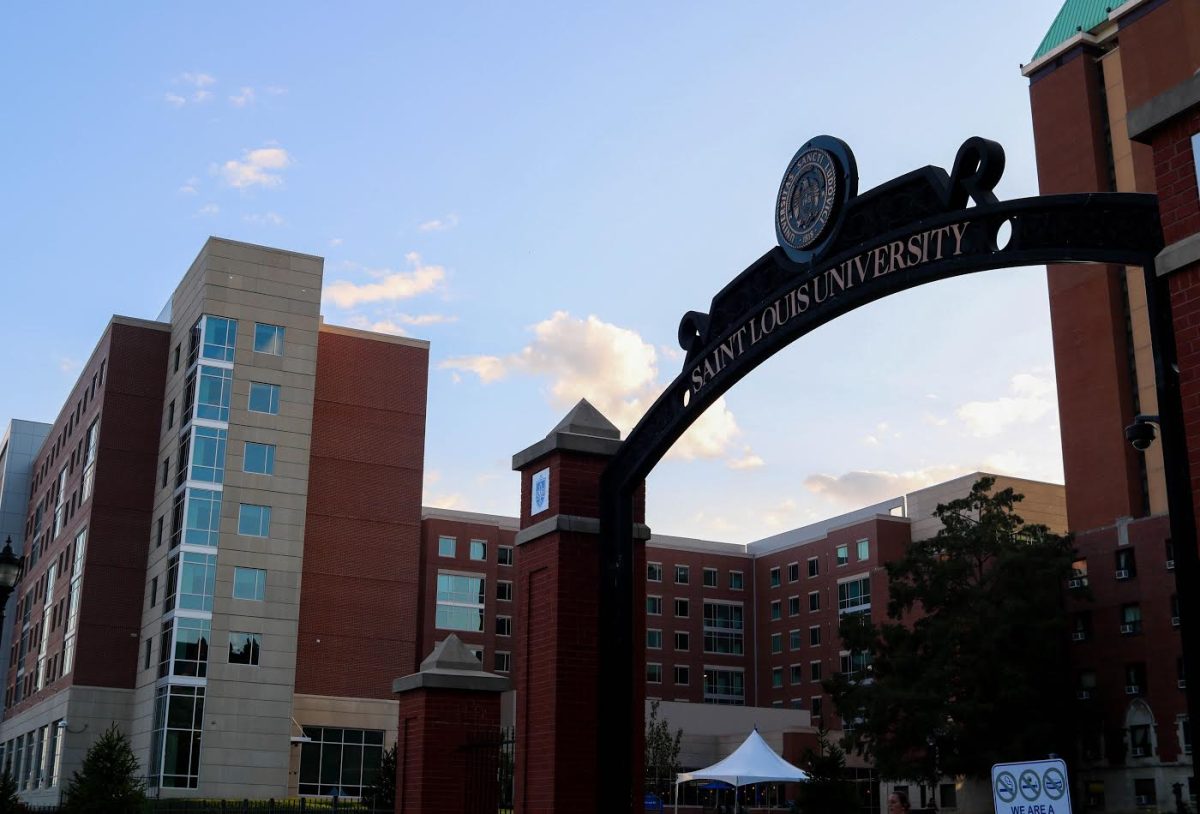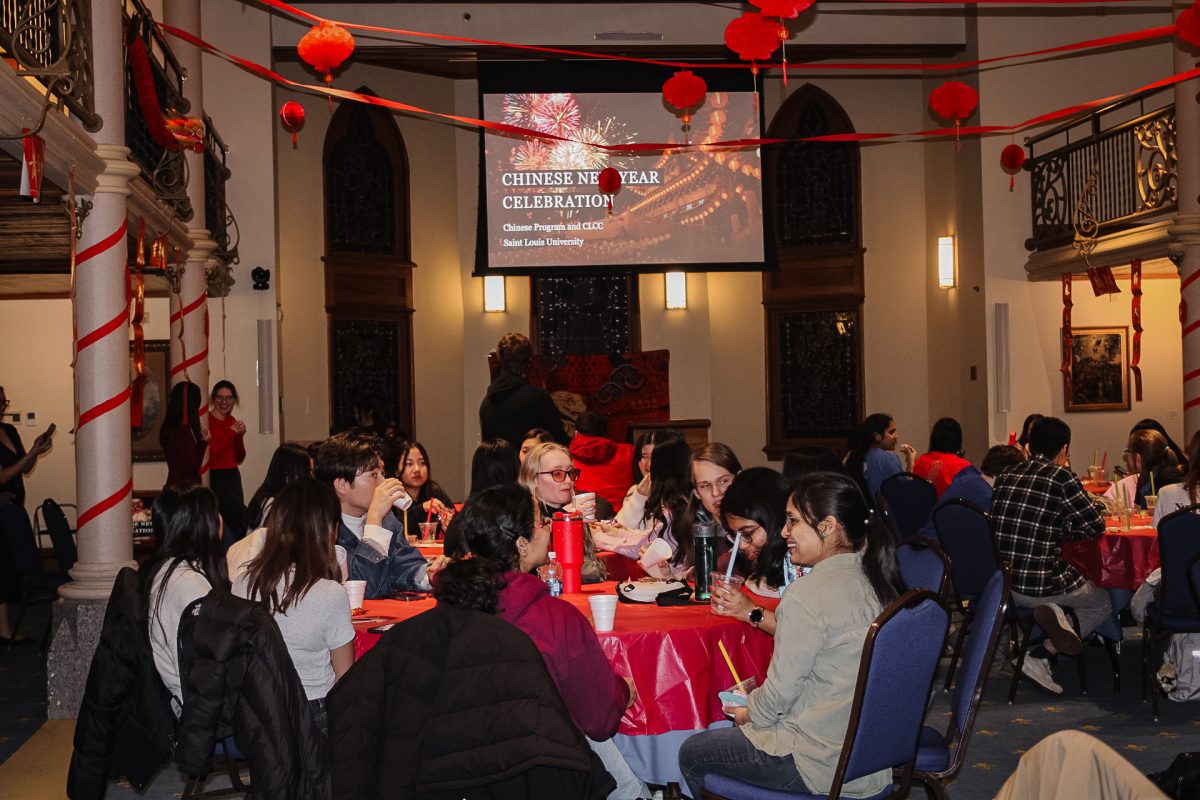Black Student Alliance, Filipino Student Association, Indian Student Association and the list of groups oriented around race goes on. Although these student groups have a noticeable presence on campus, for some students, they just are not enough.
“I constantly feel different,” freshman Rebecca Glasgow said. “I relate to things but I always feel different.”
Glasgow identifies as an Arab-American with her father being from the United States and her mother from Syria, she often wonders where her chartered student organization is on campus.
Hybrid Identities is such a student organization for students who identify with no one particular race. In other words they are mixed race, or hybrid.
This CSO is currently in its probationary status but is already starting to gain interest and support.
“Oh my gosh. Story of my life,” Glasgow said, explaining her thoughts when first finding out about this group.
Carrie Brown and Sucheta Thekkedam, both graduate students and both recognizing as bi-racial, have been spearheading this organization.
“There’s currently not a place for people who sort of blur the lines of categorization,” Brown said.
Brown said the mission of Hybrid Identities is to “bring people together who are bi-racial, multi-racial or trans-racial adopted.”
Trans-racial adopted is a term used for those individuals of a certain race adopted into a family of a different race.
Though the group will be a place for those individuals themselves who recognize as hybrid, the organization will also serve those who may be in an inter-racial relationship, for those with friends of a lot of different issues or even for those simply interested in the issue, Brown said.
Right now, the group is simply gathering interest and informing the Saint Louis University community about this new opportunity. Nonetheless, Brown has set goals for Hybrid Identities. Such aspirations would be to bring guest speakers who can speak to hybrid races, promote awareness and of course to create a safe place for those who may face difficulties because of their mixed race identity.
“Often I think people with hybrid identities appreciate the struggle and realize it’s a process, but I think really the outside world gives them the problem,” Brown said.
Though this group is oriented around those who are hybrid races or are directly affected by a hybrid races, Brown said that students who do not recognize with such an identity should still care because it is becoming more common to interact with people of hybrid identities.
“I think [these interactions] are in their immediate presence, but they just may not know,” Brown said.
For those students who would like more information about Hybrid Identities, Brown encourages them to email either her through [email protected], or Thekkedam, [email protected].








